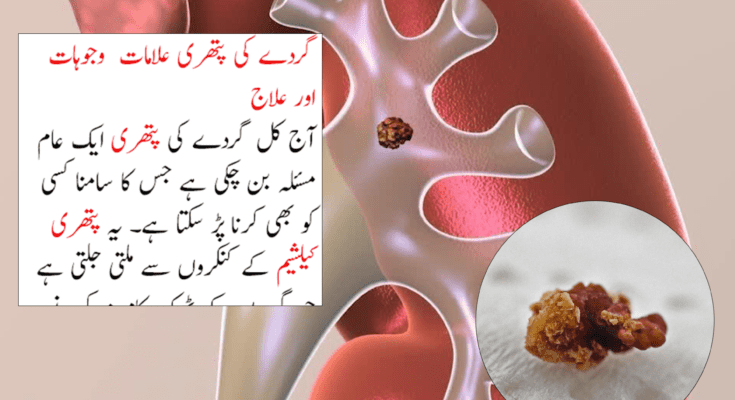Kidney Stone Symptoms Unmasking Causes and Effective Treatments
Kidney stones can be incredibly painful and disruptive, affecting millions of individuals worldwide. In this comprehensive guide, we will delve into the world of kidney stones, uncovering their symptoms, causes, and the most effective treatment options available.

Understanding Kidney Stone Symptoms
Kidney stone symptoms can vary in intensity, but they often include:
- Severe Pain: One of the hallmark signs of kidney stones is excruciating pain, typically felt in the back or side and radiating to the lower abdomen and groin. This pain can come in waves and may be accompanied by nausea and vomiting.
- Blood in Urine: Hematuria, or blood in the urine, is another common symptom of kidney stones. The presence of blood may give the urine a pink, red, or brownish hue.
- Frequent Urination: Individuals with kidney stones often experience a persistent need to urinate, even if very little urine is produced.
- Cloudy or Foul-Smelling Urine: Kidney stones can lead to changes in urine appearance and odor, which can be unsettling.
Exploring the Causes of Kidney Stones
Understanding the underlying causes of kidney stones is crucial for prevention. Here are the primary factors contributing to their formation:
Dietary Factors: Diets rich in oxalate, calcium, and sodium can increase the risk of kidney stone development. High consumption of foods like spinach, beets, and certain nuts may play a role.
Dehydration: Inadequate fluid intake can lead to concentrated urine, making it easier for minerals to crystallize and form stones.
Genetics: A family history of kidney stones can predispose an individual to this condition, suggesting a genetic component.
Medical Conditions: Certain medical conditions, such as urinary tract infections, cystic kidney diseases, and hyperparathyroidism, can increase the likelihood of kidney stone formation.
Effective Treatment for Kidney Stones
When it comes to kidney stone treatment, several options are available:
Fluid Intake: Staying well-hydrated is one of the most effective ways to prevent and manage kidney stones. Adequate fluid intake helps dilute urine, reducing the risk of crystal formation.
Medications: Depending on the type of kidney stone, your doctor may prescribe medications to help dissolve stones or manage symptoms.
Extracorporeal Shock Wave Lithotripsy (ESWL): This non-invasive procedure uses shock waves to break down kidney stones into smaller fragments, making them easier to pass.
Surgical Intervention: In cases where stones are too large or cannot be treated with other methods, surgical removal may be necessary.
Preventive Measures: Lifestyle changes, such as dietary modifications and medications, can help prevent future kidney stone formation.
Conclusion
kidney stones are a painful condition that can significantly impact one’s quality of life. Recognizing the symptoms, understanding the causes, and exploring treatment options are essential steps in managing this condition effectively. If you suspect you may have kidney stones or are at risk, consult a healthcare professional for a personalized assessment and guidance on prevention and treatment. Remember, staying informed and proactive can go a long way in safeguarding your kidney health.







